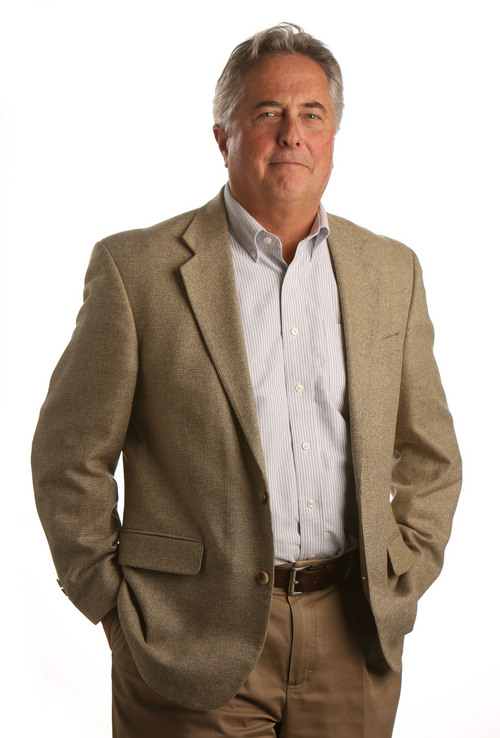This is an archived article that was published on sltrib.com in 2013, and information in the article may be outdated. It is provided only for personal research purposes and may not be reprinted.
The two stories dominating our Sunday front page take us back to events that never fade from memory — one shocked the country and the world, the other left the Salt Lake Valley quaking with an unfamiliar fear.
The assassination of President John F. Kennedy battered our nation's psyche, robbing us of a charismatic leader and the optimism and faith in the future he embodied.
The murders of David Martin and Ted Fields, 17 years later, brought the heartbreaking, unnerving revelation that racist violence could detonate in our little city on a placid summer night.
It's often been said that recalling such events takes you back to the specifics of your life at the time. On Nov. 22, 1963, I sat in Mrs. Monson's third-grade class at Douglas Elementary as Walter Cronkite announced President Kennedy was dead in Dallas. Cronkite removed his glasses, glanced at a clock, composed himself and recorded the time. Because that clip has become so iconic, I sometimes question whether I really saw it that day. But I believe I did.
This I know for sure: Two months before Dallas, standing next to my mother and throngs of others along North Temple, I saw the sunburned president waving from a Lincoln convertible on his way to the Hotel Utah and, that night, a speech in the Salt Lake Tabernacle.
I worked as a cub reporter at The Salt Lake Tribune when Joseph Paul Franklin crouched in a field across from Liberty Park and took aim with a rifle. I grew up six blocks from there. To think that such an atrocity could happen just down the street, that two young men could be gunned down in the heart of Salt Lake City because they were with people of a different color — it was inconceivable. But it happened.
Why look back? What's the benefit, the lessons to be learned?
With JFK, reflection is an opportunity to consider the ways his presidency and death affected our country and our lives. As Christopher Smart reports in his Sunday story, much good happened in the aftermath of that tragedy: historic civil rights legislation, the realization of Kennedy's challenge to walk on the moon. And there are questions about how other events — the Vietnam War — could have turned out differently.
With Ted Fields and David Martin, a chapter in the story likely will end late Tuesday or early Wednesday when Franklin is put to death by the state of Missouri. In an extraordinary hourlong interview with Brooke Adams, Franklin — speaking from death row — admits his racist motivations, provides the horrifying details of what happened that night and how he came to be in Salt Lake City.
What are we to make of it, of his life of hate?
Perhaps it is that we still have a long way to go to truly embrace the sentiment JFK expressed in his address to the nation on civil rights, that the rights of all "are diminished when the rights of one man are threatened."
Terry Orme is the editor and publisher of The Tribune. Reach him at orme@sltrib.com.



